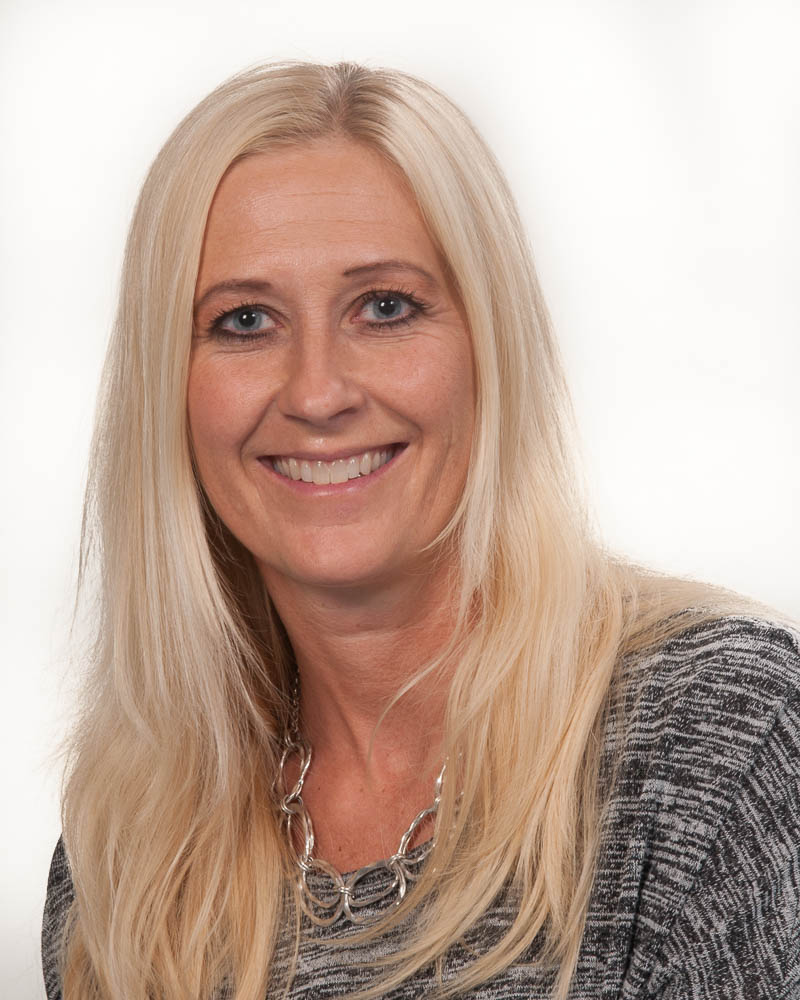Members




We use theoretical models in close collaboration with experimentalists and clinicians to explore how we could use both within-host and population-wide drug treatment strategies to minimize human morbidity and mortality. Our focus is on bacterial diseases, especially tuberculosis. Our group includes researchers with training in theoretical biology, biochemistry, physics, statistics, engineering and health economics & policy.
Our work focuses on tuberculosis (TB), which remains the bacterial infection with the highest disease burden worldwide. Approximately one third of the world’s population is latently infected. Although anti-tuberculosis drugs have been available for decades, the success rates of tuberculosis treatment are poor. Overall TB treatment success in the EU is only 74%, and success plateaus near 85% even in countries with very high income (e.g. in Norway or Switzerland), clearly leaving room for improvement. Furthermore the appearance and spread of drug resistant forms of tuberculosis has complicated control efforts based on standardized regimens. When TB acquires resistance to first-line (MDR) or even second-line drugs (XDR), treatment success rates fall to 40% to 34%, respectively.
Part of the problem is that we struggle with finding new antibiotics, also because developing new antibiotics is very expensive and takes a long time. At the very beginning of antibiotic development, thousands of drug candidates are tested, and in each development step from experiments in test tubes to experiments with animals to several phases of clinical trials the majority of these candidates fail, leaving only 1-2 drugs that can be used in patients. Finding ways to reduce the amount of trial-and-error would help save time and money.
We have developed mathematical models that can help reducing trial-and-error in antibiotic development. Together with partners from industry (GlaxoSmithKline Diseases of the Developing World) and an international network of university-based researchers (Yale, Harvard, Simon-Fraser University, Division of Clinical Infectious Diseases Research Center Borstel, Task Foundation and University of Cape Town), we will apply these models to improve antibiotic therapy.
Research interests:
Antibiotics, Population Biology, Biochemistry, Pharmacology, Tuberculosis, Infectious Diseases, Public Health, Mathematical Modelling, Pharmacokinetics



